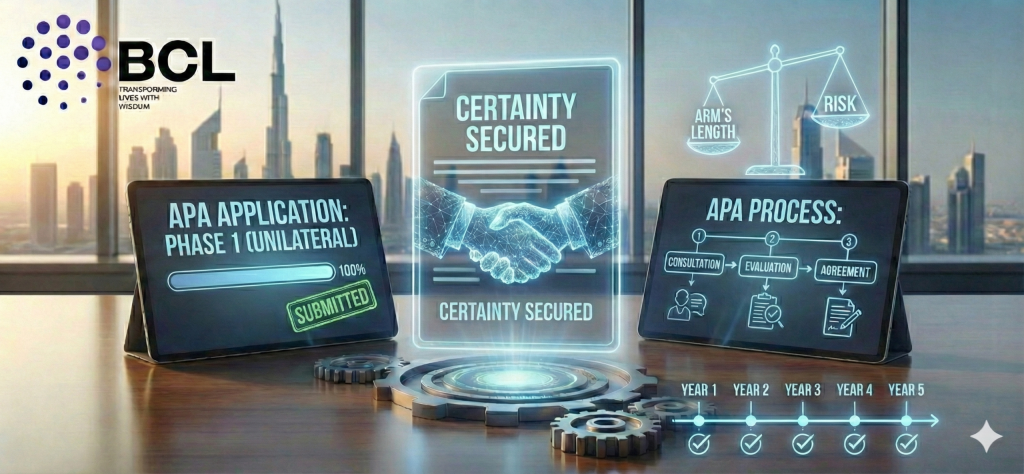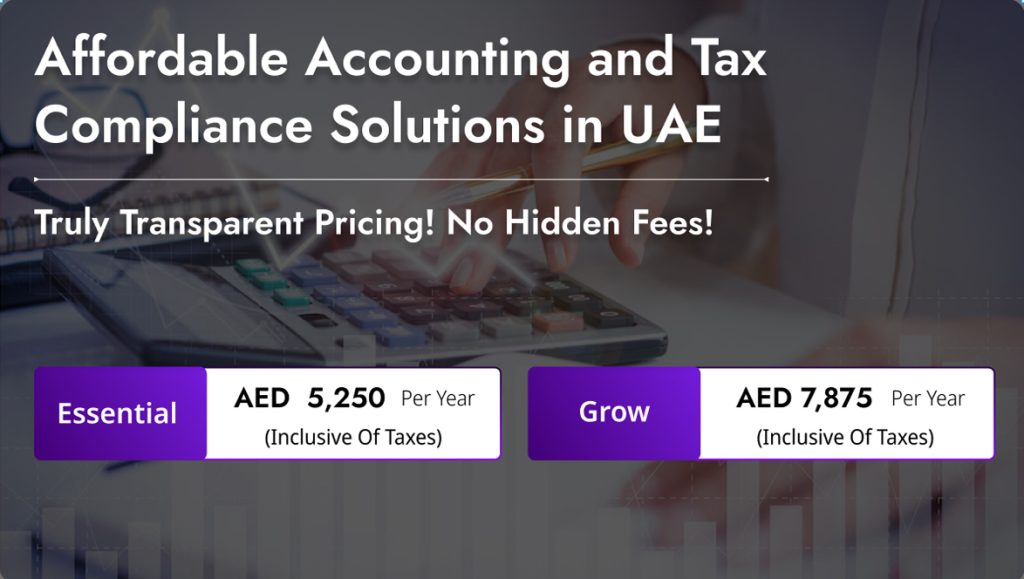The United Arab Emirates has long been regarded as a tax haven, luring businesses with its sunny beaches and promises of low taxes. However, the latest introduction of a 9% corporate tax in June 2023 seems like a game-changer. Corporate Tax, also referred to as “Corporate Income Tax (CIT)” or “Business Profits Tax” has become effective for all the financial years starting on or after 1st June 2023. Whilst all annual taxable profits below AED 375,000 are subject to zero rate, that above AED 375,000 shall be subject to 9% rate.
So, do all companies in the United Arab Emirates are obliged to pay the corporate taxes? Not quite. In fact, navigating the intricacies of UAE corporate tax reveals a surprising truth:
Some companies can still take relief of various exemptions and reliefs under the new Law.
-
Specified Exemptions:
The Corporate Tax law applies to all persons carrying on business, commercial, professional, vocational and industrial activities, except to the following persons subject to fulfilment of certain conditions:
- A Government Entity;
- A Government Controlled Entity;
- A Person engaged in an Extractive Business subject to conditions in Article 7
- A Person engaged in a Non-Extractive Natural Resource Business subject to conditions in Article 8
- A Qualifying Public Benefit Entity subject to conditions in Article 9
- A Qualifying Investment Fund subject to conditions in Article 10
- A Public pension or social security fund, or a private pension or social security fund
- A Juridical person incorporated in the UAE that is wholly owned and controlled by certain Exempt Persons; and
- Any other Person as may be determined in a decision issued by the Cabinet at the suggestion of the Minister.
Each of these exemptions comes with its own set of criteria, so staying informed and consulting with tax professionals is key.
-
Small Business Relief:
The UAE offers a generous threshold for small businesses. Small business relief will be available to Resident taxable person whose Revenue does not exceed AED 3,000,000 for the relevant Tax Period and all the previous Tax periods. Persons claiming SBR shall be treated as having no taxable income in respect of each relevant tax period. Also, such person applying for the relief should not be Qualifying Free Zone Person or a constituent company of specified MNE Group.
-
Companies established in Free Zones:
A Qualifying Free Zone Person (“QFZP”) is required to pay corporate tax at 0% (zero percent) on its Qualifying Income and tax at 9% (nine percent) on Taxable Income that is non-Qualifying Income. However, to be eligible as QFZP, various conditions are required to be fulfilled.
-
Deductions & other Reliefs:
Even for companies subject to the 9% rate, there are opportunities to minimize their tax burden. Deductions for certain expenses, exemptions for specific income streams, and double taxation treaties with other countries can all help reduce the tax liability of the companies.
Free zones, small business exemptions, and targeted industry benefits offer fertile ground for tax-free or tax-minimized operations. However, the key lies in understanding the specific circumstances, staying informed about regulatory changes, and seeking expert advice to navigate the complexities. Our team of experts is here to guide you every step of the way. Reach out today for a free consultation, and let’s work together to structure your business and reduce the corporate tax burden.







